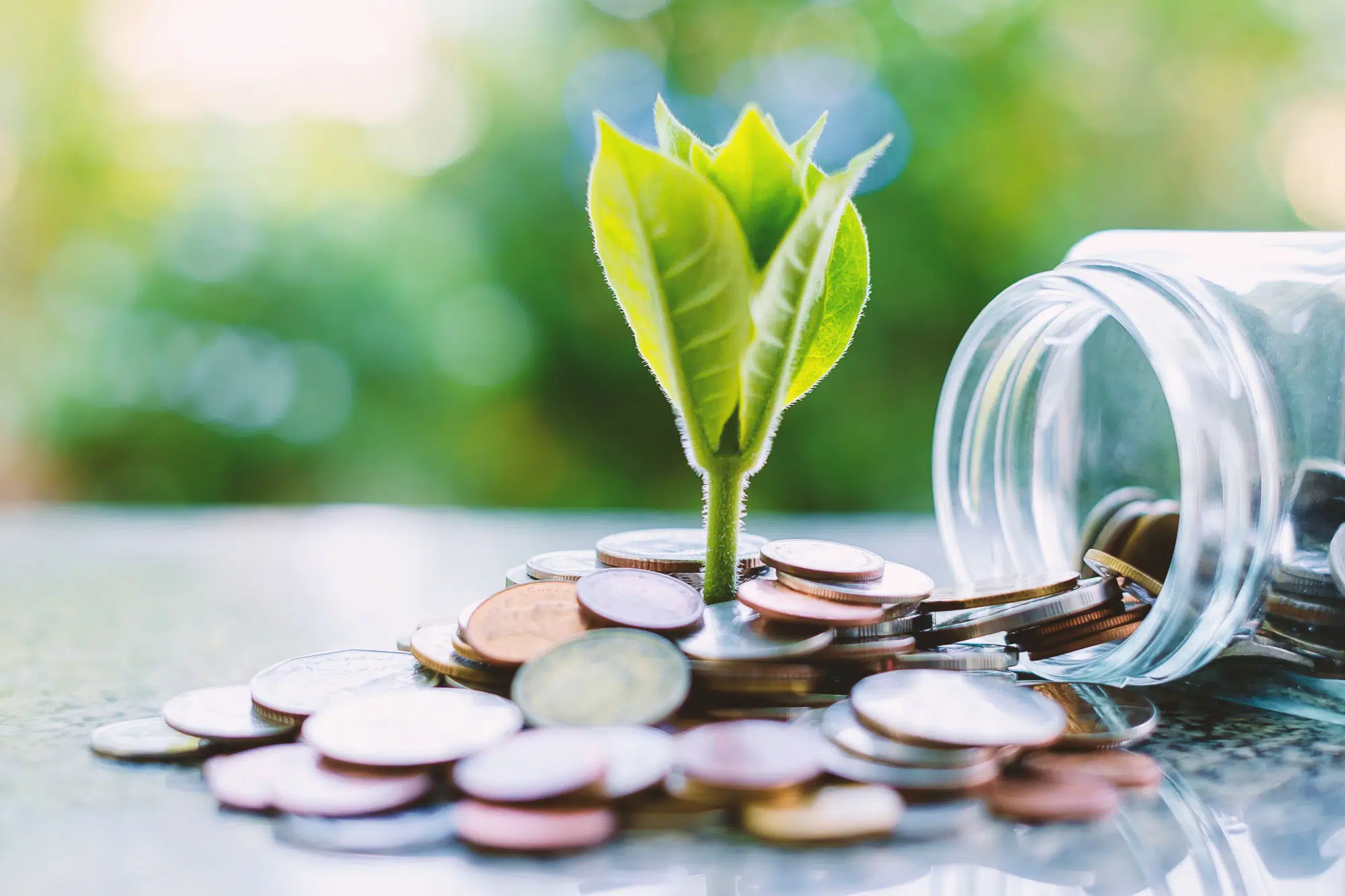An increasing number of people are becoming aware of the concept of the “green economy” as the world works to address issues related to climate change, environmental degradation, and sustainable development. The green economy emphasizes renewable energy, resource efficiency, and reduced carbon emissions. Its primary aim is to foster economic growth while minimizing environmental harm. The green economy spans numerous sectors, including waste management, transportation, energy, and agriculture, representing a holistic approach to sustainable development.
Key Benefits of a Green Economy
A green economy offers multiple benefits, both environmentally and economically:
Environmental Preservation: Reduced carbon emissions, minimized pollution, and protected natural resources help mitigate climate change and safeguard biodiversity. This, in turn, benefits human health by reducing exposure to harmful pollutants.
Job Creation and Economic Growth: Transitioning to renewable energy sources like solar and wind power requires skilled labor, leading to the creation of new jobs. Studies show that investments in renewable energy can create more jobs than fossil fuel investments, stimulating economic growth.
Enhanced Energy Security: By diversifying energy sources, countries reduce dependence on fossil fuels, decreasing vulnerability to oil price fluctuations. Renewable energy sources, being more sustainable long-term, also mitigate risks of energy shortages.
Innovation and Technological Advancements: Green technologies drive economic growth and global competitiveness. Countries investing in green research and development position themselves as leaders in the global green economy.
For insights on the impact of green innovations, explore the Centre for Green Governance and Entrepreneurship.
Key Examples of Green Economy Initiatives
Renewable Energy Transition: The shift to renewable sources like solar, wind, and hydroelectric power significantly lowers greenhouse gas emissions. Solar technology, in particular, has expanded, with panels increasingly installed on both residential and commercial buildings.
Sustainable Agriculture: Green economy initiatives include sustainable farming methods, such as organic farming and agroforestry. These practices help conserve soil, water, and biodiversity while reducing reliance on synthetic fertilizers and pesticides.
Circular Economy: Unlike the linear “take-make-dispose” economy, a circular economy prioritizes recycling, reusing, and remanufacturing. Companies like Patagonia, which offers clothing take-back initiatives, are pioneers in this approach.
To learn more about sustainable business practices, visit our blog on Sustainable Finance.
South Africa’s Role in the Green Economy
South Africa is making strides in adopting green economy principles to promote sustainable development. Key sectors include:
Renewable Energy: The Renewable Independent Power Producer Procurement Programme (REIPPPP) has attracted both local and international investment, positioning South Africa as a renewable energy leader in Africa. With over 4,000 MW of renewable energy capacity, South Africa is reducing reliance on fossil fuels and decreasing greenhouse gas emissions.
Waste Management: Initiatives like the National Waste Management Strategy and Extended Producer Responsibility (EPR) regulations have bolstered the recycling industry, reducing waste while creating jobs. Projects converting waste to renewable energy further support a circular economy.
Sustainable Agriculture: South Africa’s agricultural sector is adopting conservation agriculture and agroforestry, which enhance soil health, conserve water, and reduce chemical use. Government programs support small-scale farmers in these practices, promoting food security and rural development.
For more on South Africa’s progress in sustainable initiatives, read our article on the growth of female entrepreneurship in South Africa.
Challenges and Obstacles
Despite the clear advantages, there are obstacles to adopting a green economy:
Economic Inertia and Resistance: Traditional fossil fuel industries may resist change due to concerns about job displacement and competition.
Financial Barriers: Developing countries face challenges with the upfront costs of transitioning to sustainable technologies and limited access to financing.
Global Competitiveness: Some worry that green economy policies could impact competitiveness if other countries do not adopt similar regulations, potentially leading to economic disadvantage.
Success Stories Around the World
Globally, countries are making impressive strides in the green economy. Denmark, for instance, is a leader in wind energy, while Costa Rica champions forest conservation and sustainable ecotourism. The European Union’s circular economy strategy and China’s investment in renewable infrastructure further highlight diverse approaches.
To explore more on how global politics impact green initiatives, join our upcoming Round Table on South Africa’s Political Economy in the 6th Administration.
Conclusion
The green economy represents a shift toward sustainable, inclusive, and environmentally responsible economic growth. By adopting renewable energy sources, embracing sustainable practices, and prioritizing biodiversity conservation, societies can unlock a future that balances economic growth with environmental stewardship. While challenges persist, successful green economy initiatives worldwide offer a roadmap for policymakers, businesses, and communities.
FAQs on Green Economy in South Africa
1. What is a green economy? A green economy emphasizes sustainable economic practices that minimize environmental harm. It includes renewable energy, resource efficiency, and reduced carbon emissions.
2. How does the green economy benefit South Africa? The green economy supports job creation, reduces environmental degradation, enhances energy security, and fosters innovation across various sectors.
3. What are examples of South Africa’s green economy initiatives? Key initiatives include the REIPPPP in renewable energy, waste management strategies, and sustainable agricultural practices like conservation agriculture.
4. What challenges does South Africa face in adopting a green economy? Challenges include economic inertia, financial barriers to sustainable technology, and concerns about competitiveness on the global stage.
5. Why is renewable energy important in a green economy? Renewable energy reduces reliance on fossil fuels, cuts emissions, and is more sustainable, ensuring long-term energy security and environmental protection.
By collectively committing to sustainable practices, South Africa can lead the way towards a greener, more resilient future.


